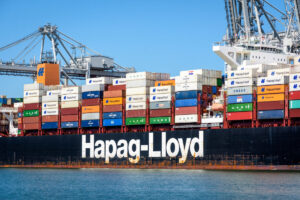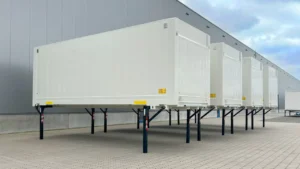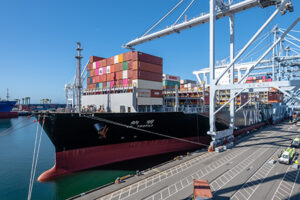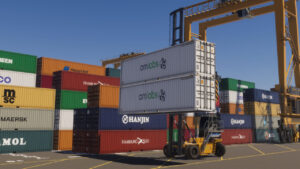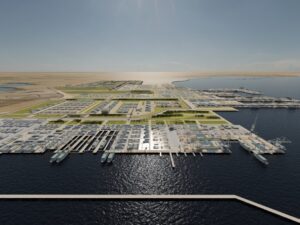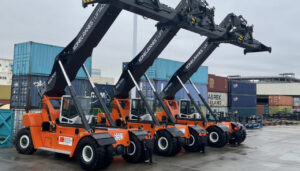Eight leading players in the area of the Port of Antwerp have signed a collaboration agreement as a first move towards the possible development of Carbon Capture, Utilisation & Storage (CCUS) infrastructure, it was announced on 17 December.
The eight include Air Liquide, BASF, Borealis, INEOS, ExxonMobil, Fluxys, Port of Antwerp and Total.
The consortium will carry out a joint study into the economic and technical feasibility of such facilities. CCUS applications can make an important contribution towards achieving climate goals.
As the location of the largest energy & chemicals cluster in Europe, Port of Antwerp is the ideal location to foster collaboration between companies and take innovative steps towards CO2 reduction, according to a statement released by the port.
The CCUS facilities would be of the “open access” type, available to the entire industrial community in the port.
Carbon Capture & Storage (CCS) and the use of CO2 as a raw material for various industrial applications (Carbon Capture & Utilisation, or CCU) are important avenues in the transition to a lower emissions port.
The partners in the project believe that both applications can have a significant impact in the longer term and can make a useful contribution to achieving the energy and climate objectives at Flemish, Belgian and European level. If the proposals turn out to be technically and economically feasible, then development of such facilities can lead to reductions in CO2 emissions in the run-up to 2030.
In the first phase the partners will carry out detailed studies of the technical and economic feasibility of CO2 facilities to support CCUS. This analysis is expected to take around one year to complete. Financial support from Flanders, the Belgian federal government and the EU is essential for further successful implementation of the project. One important part of this is preparation of subsidy applications.
Port of Antwerp CEO Jacques Vandermeiren said: “In addition to making use of sustainable energy sources and raising the energy efficiency of production companies, CCUS can make an important contribution in the transition to a sustainable, lower emissions, circular economy in the port. In our role as community builder we aim to make a practical contribution towards this. If such joint infrastructure can be realized then it will benefit the entire industrial community in the port.”


